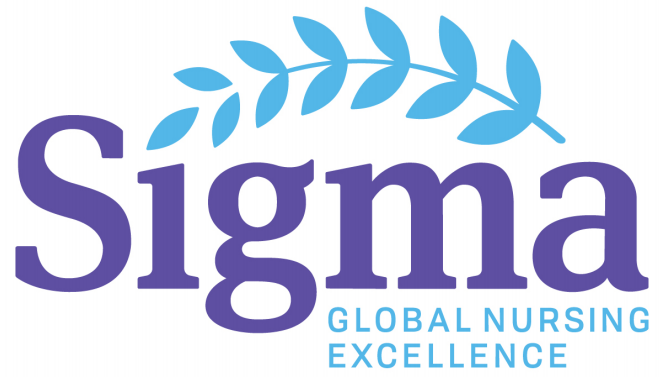Presenter Classification
Undergraduate Student
Presentation Type
Poster Presentation
Publication Date
4-14-2022
Start Date
14-4-2022 3:40 PM
End Date
14-4-2022 4:15 PM
Keywords
pediatric, acute lymphoblastic leukemia, neurocognition
Abstract Type
Scientific Literature Review
Abstract
Introduction
The problem at hand is understanding if pediatric acute lymphoblastic leukemia (ALL) treatment affects neurocognitive function or development. As the children battle ALL and are given treatments such as cranial radiation therapy and chemotherapy, they are having issues later on in life because the treatment regimens are very strong and are given during a crucial period of development.
Purpose Statement and Question
Does one pediatric treatment option affect neurocognitive development more than another later in life?
Literature Review
Research was conducted online via Google Scholar and East Tennessee State University Library database. Key terms used were pediatric ALL and neurocognitive effects of chemotherapy and radiation. Five studies were collected all pertaining to the question at hand.
Findings
The findings from the research collected was that certain demographics have a stronger effect on the development of a child post-ALL treatment. The treatment regimen and the strength of the treatment affect cognitive development. Cognitive impairment related to attention occurs with all children treated for ALL.
Conclusion
Nurses see first-hand the effects treatment have on children as the grow. We have to provide resources to help with attention deficits among other cognitive issues that result from treatment. The literature gave a great insight to what effects are to be expected post-treatment.
Included in
Pediatric Acute Lymphoblastic Leukemia Treatment Effects on Neurocognitive Development
Introduction
The problem at hand is understanding if pediatric acute lymphoblastic leukemia (ALL) treatment affects neurocognitive function or development. As the children battle ALL and are given treatments such as cranial radiation therapy and chemotherapy, they are having issues later on in life because the treatment regimens are very strong and are given during a crucial period of development.
Purpose Statement and Question
Does one pediatric treatment option affect neurocognitive development more than another later in life?
Literature Review
Research was conducted online via Google Scholar and East Tennessee State University Library database. Key terms used were pediatric ALL and neurocognitive effects of chemotherapy and radiation. Five studies were collected all pertaining to the question at hand.
Findings
The findings from the research collected was that certain demographics have a stronger effect on the development of a child post-ALL treatment. The treatment regimen and the strength of the treatment affect cognitive development. Cognitive impairment related to attention occurs with all children treated for ALL.
Conclusion
Nurses see first-hand the effects treatment have on children as the grow. We have to provide resources to help with attention deficits among other cognitive issues that result from treatment. The literature gave a great insight to what effects are to be expected post-treatment.

